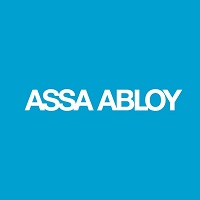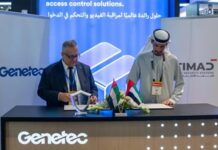
The fourth quarter results just released by Assa Abloy show net sales increased by 15% to SEK 23,167 M ( compared to 20,109 the previous year), with organic growth of 6% and acquired net growth of 3%. The company report declares very strong sales growth in the Americas and Asia Pacific and strong growth for Global Technologies, with good growth in the EMEA and growth in Entrance Systems.
In addition, five acquisitions have been signed and a new manufacturing footprint programme was launched at the year-end. According to Nico Delvaux, President and CEO, ” One of Assa Abloy’s value creation strategies is product leadership and we have invested in the development of electro-mechanical solutions over a long period. This is clearly generating results. Today, 30% of our sales are generated by electro-mechanical products and in the fourth quarter sales also increased by 30%. We are seeing gratifying improvements in both the commercial and residential segments.”
He highlights the company’s strong acquisition level. “During the quarter we closed five acquisitions with total annualised sales of SEK 0.8 billion. With the acquisition of Luxer One, we will integrate a US market leader in the last mile delivery space, including ‘click and collect’ at retail stores. We also acquired Lorient, extending our door sealing portfolio alongside the innovative drop-down seals and finger protection solutions from Planet. The three other acquisitions were Exidor, Marenco and Pacific Door Systems. In the full year we acquired 19 companies with annualised sales of SEK 3.8 billion.”
At the end of 2018 Assa Abloy launched its next manufacturing footprint programme. Delvaux explained,”To maintain our market leadership, we are continuously working to optimise our operations. During the quarter, we launched our seventh manufacturing footprint programme. As part of the programme we will close about 50 offices and factories, outsource more non-core activities and further increase automation. The restructuring cost for the total programme is estimated at SEK 1.5 billion, with a payback period of less than three years.











